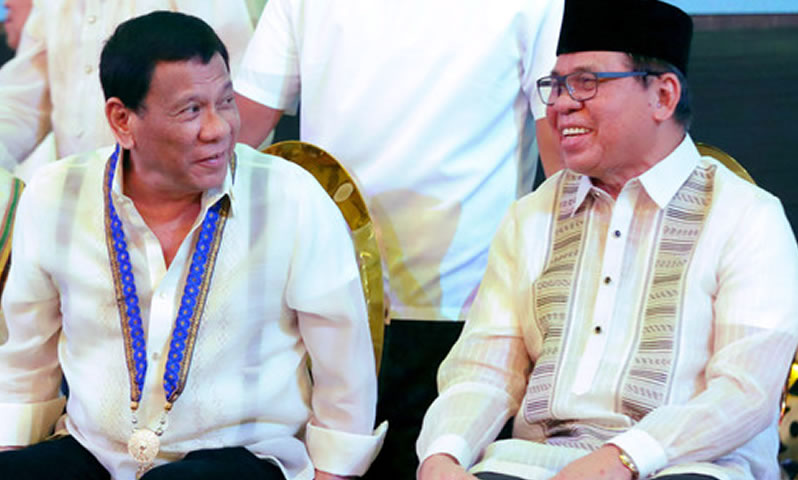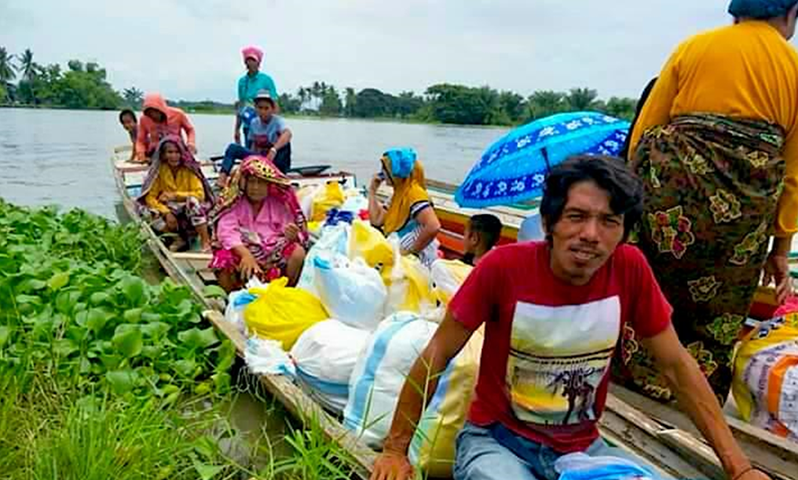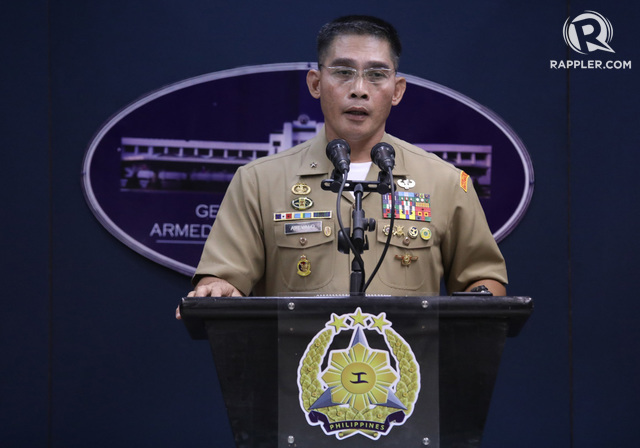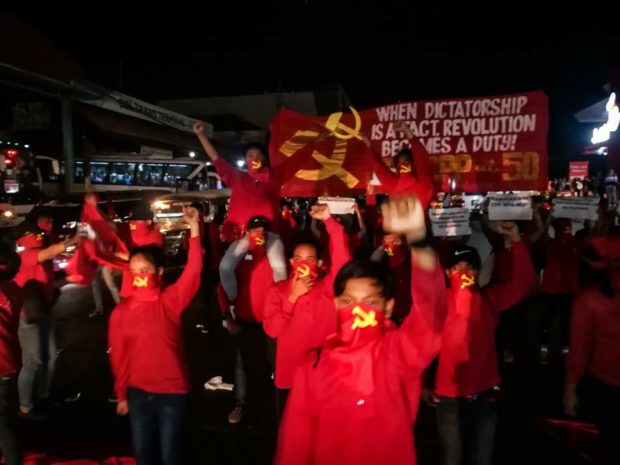
PASAY CITY, (August 09, 2019) — Local government units in the Bangsamoro Autonomous Region in Muslim Mindanao (BARMM) will play a crucial role in preventing and countering violent extremism (PCVE) in their communities.
This was stressed by BARMM Interim Chief Minister Ahod Balawag Ebrahim Al-Haj during the launch of the Communities of Inclusion and Resilience Through Collaborative Local Engagements (CIRCLE) Project yesterday in this city .
“On our side, a new Bangsamoro government under our current leadership is committed to cooperate in working together with other leaders to ensure that the LGUs across the Bangsamoro region will do our part in creating community-based solutions for PCVE,” Ebrahim said.
Project CIRCLE, implemented by The Asia Foundation (TAF) in partnership with Balay Mindanaw, and supported by the Australian Department of Foreign Affairs and Trade, seeks to reduce the drivers of violent extremism and increase the resilience of communities in targeted areas.
Specifically, the project will provide technical assistance and financial support to increase the capacity of LGUs who in turn, will take the lead in the design, implementation, and monitoring of programs designed to counter violent extremism
Project CIRCLE will directly work with LGUs in Lanao del Sur, Sultan Kudarat, South Cotabato, North Cotabato, Maguindanao, Basilan and Sulu.
Ebrahim gave the assurance that the Bangsamoro government and LGUs in the region will throw their full support behind the initiative.
“We assure you that the leadership of the current Bangsamoro government and component LGUs will rally behind and support the efforts of TAF, international NGOs, and programs of the national government and local communities in helping counter violent extremism,” he said.
ADOPTION OF NAP PCVE
For his part, National Security Adviser Hermogenes Esperon Jr. shared how the Philippine government supported Project CIRCLE through the adoption of the National Action Plan on Preventing and Countering Violent Extremism (NAP PCVE).
“I am happy to announce that everyone from the Anti-Terrorism Council approved and adopted our NAP PCVE. Its adoption is a huge step for the administration in its quest for a more peaceful and secure future for the nation,” Esperon said.
The NAP PCVE is a comprehensive, harmonized, and synchronized national strategy of the government to prevent and counter violent extremism and radicalization.
It promotes soft and more community-centered approaches that focus on countering the political, economic, cultural, psychosocial, and religious drivers of radicalization.
In response to Ebrahim’s statement, Presidential Peace Adviser Carlito Galvez Jr. underscored the need for LGUs to be at the forefront in implementing PCVE initiatives in their respective areas.
“With the peace and security challenges we are confronting, LGUs need to assert themselves and be at the forefront of efforts to secure their communities from external threats, while implementing initiatives that would address the roots of armed conflict and violent extremism,” he said.
“Now that we have NAP PCVE, we need to ensure that we harmonize our efforts. We in the Office of the Presidential Adviser on the Peace Process and other government agencies will be here to support you,” he added.
LOCAL AND INTERNATIONAL SUPPORT FOR PEACE
Meanwhile, Australian Ambassador to the Philippines His Excellency Steven Robinson AO, challenged stakeholders to work together in crafting a counter narrative against the propaganda of radical extremists.
“We firmly believe that it is vital to work with our partners to counter the drivers of violent extremism engaging early with affected communities and challenging terrorist propaganda and recruitment with a very different and optimistic narrative. All power to Project CIRCLE,” Robinson AO said.
Over the past 60 years, the Asia Foundation (TAF) has been supporting national and local peace initiatives in the country.
TAF’s initiatives have focused on mitigating localized conflict particularly on clan wars known as ‘rido’; collaborating with the Government of the Philippines and the Moro Islamic Liberation Front Implementing Panels in crafting a joint communications strategy for the then Bangsamoro Basic Law; and supporting the country’s Women, Peace, and Security agenda, among others.
Moreover, Australia is an active member of the Mindanao Trust Fund – Reconstruction and Development Programme (MTF-RDP), being the second biggest foreign donor next to the European Union.
The country also helped in relief and rehabilitation efforts in Marawi through the funding support it provided to Task Force Bangon Marawi.
http://www.luwaran.com/news/article/1872/bangsamoro-gov---t-and-lgus-unite-against-violent-extremism

















